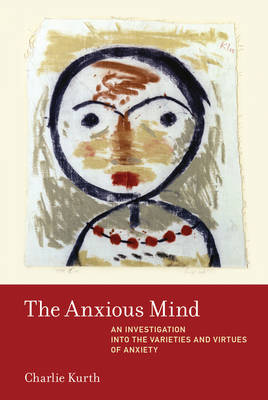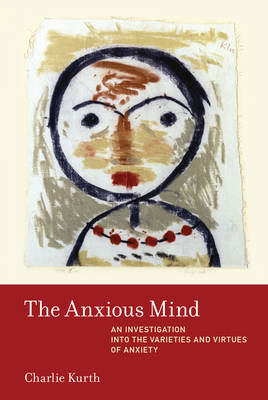
- Afhalen na 1 uur in een winkel met voorraad
- Gratis thuislevering in België vanaf € 30
- Ruim aanbod met 7 miljoen producten
- Afhalen na 1 uur in een winkel met voorraad
- Gratis thuislevering in België vanaf € 30
- Ruim aanbod met 7 miljoen producten
Omschrijving
In The Anxious Mind, Charlie Kurth offers a philosophical account of anxiety in its various forms, investigating its nature and arguing for its value in agency, virtue, and decision making. Folk wisdom tells us that anxiety is unpleasant and painful, and scholarly research seems to provide empirical and philosophical confirmation of this. But Kurth points to anxiety's positive effects: enhancing performance, facilitating social interaction, and even contributing to moral thought and action.
Kurth argues that an empirically informed philosophical account of anxiety can help us understand the nature and value of emotions, and he offers just such an account. He develops a model of anxiety as a bio-cognitive emotion--anxiety is an aversive emotional response to uncertainty about threats or challenges--and shows that this model captures the diversity in the types of anxiety we experience. Building on this, he considers a range of issues in moral psychology and ethical theory. He explores the ways in which anxiety can be valuable, arguing that anxiety can be a fitting response and that it undergirds an important form of moral concern. He considers anxiety's role in deliberation and decision making, using the examples of Martin Luther King, Jr. and the abolitionist John Woolman to show that anxiety can be a mechanism of moral progress. Drawing on insights from psychiatry and clinical psychology, Kurth argues that we can cultivate anxiety so that we are better able to experience it at the right time and in the right way.
Specificaties
Betrokkenen
- Auteur(s):
- Uitgeverij:
Inhoud
- Aantal bladzijden:
- 264
- Taal:
- Engels
- Reeks:
Eigenschappen
- Productcode (EAN):
- 9780262037655
- Verschijningsdatum:
- 6/04/2018
- Uitvoering:
- Hardcover
- Formaat:
- Genaaid
- Afmetingen:
- 160 mm x 231 mm
- Gewicht:
- 498 g

Alleen bij Standaard Boekhandel
Beoordelingen
We publiceren alleen reviews die voldoen aan de voorwaarden voor reviews. Bekijk onze voorwaarden voor reviews.











